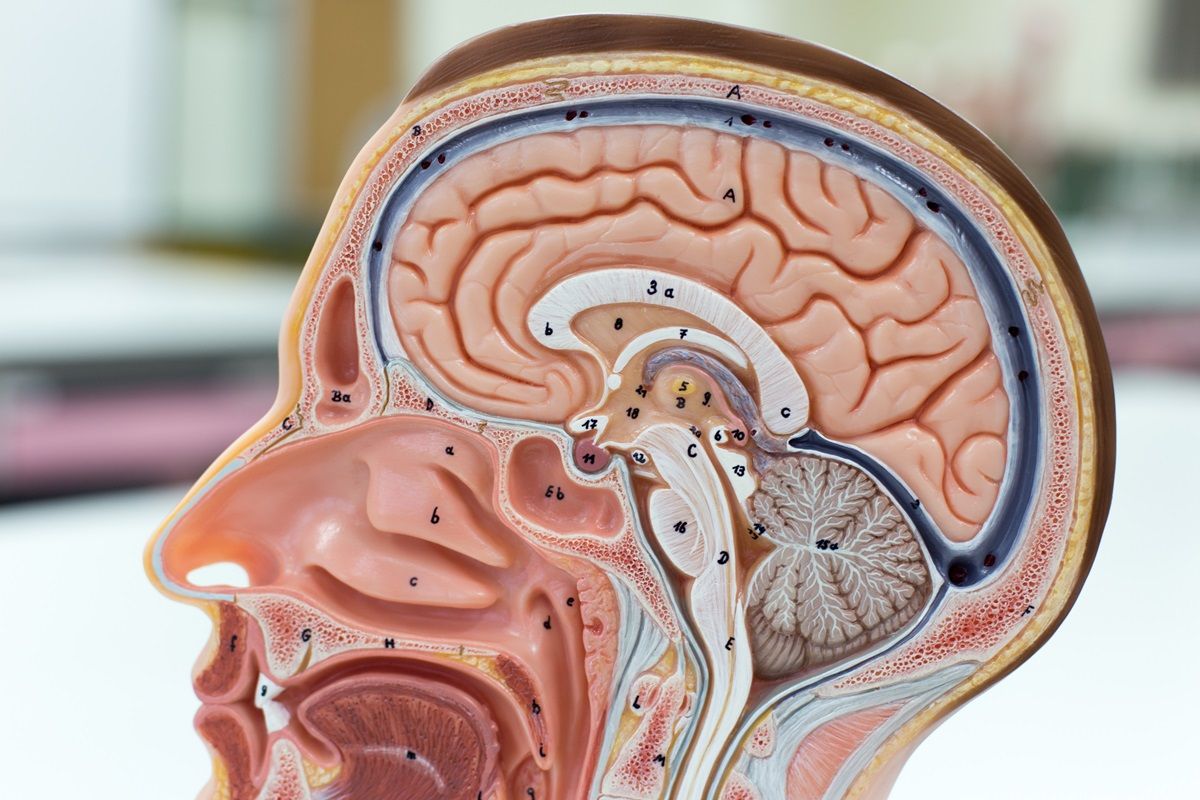Alzheimer’s disease and Parkinson’s disease are dreaded brain diseases that strike the elderly. Alzheimer’s disease gradually robs its victims of their memories. Parkinson’s disease causes debilitating muscle tremor. Neuroscientists have long known that these and other terrible brain diseases afflicting the elderly involve the accumulation of harmful waste in the brain. Early in this century, researchers discovered that the brain has its own special waste disposal system called the glymphatic system. They hope that by understanding this newly discovered system they can find better treatments for these cruel diseases.
Within the skull, the brain is bathed in a clear fluid called cerebrospinal fluid. The glymphatic system cleanses wastes from the brain through the flow of this fluid. The fluid penetrates into the spaces around the brain’s tiny blood vessels, and into the spaces between brain cells. It exits via the lymphatic vessels of the neck. Because the glymphatic system is believed to exist in all animals with backbones, studies that benefit humans can be made in animals like mice.
In 2024 a research team discovered that certain drugs might improve the function of the glymphatic system in the elderly through a study conducted with mice. Using a special microscope, they tracked the flow of cerebrospinal fluid into the lymphatic vessels of the mice’s neck. They found that the fluid is pumped by contractions in the walls of these vessels and that the rate of contraction was slower in aged mice. Some of the drugs they tested improved this contraction rate. They hope these same drugs can restore waste disposal in the brains of older humans and help protect against brain diseases.










